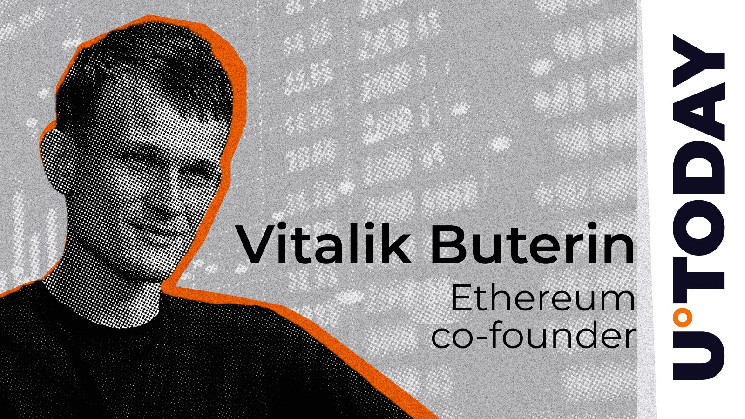Ethereum co-founder Vitalik Buterin has warned against invoking certain blockchain use cases. He highlighted how such measures could open the door to censorship in blockchain networks, endangering the openness and defiance of authority that are the foundation of these networks.
In his most recent post, Buterin emphasized that the market mechanisms of blockchain technology, especially the use of fees, are its strongest point. Using these mechanisms, applications that are willing to pay for execution are accepted into the chain without bias or unpredictable restrictions. He said adding arbitrary definitions of what qualifies as an attack could set a risky precedent and lead to censorship.
However, Buterin acknowledged that users of the ecosystem have the freedom to express their opinions about applications or their developers. Furthermore, he supported the idea of socially organizing communities to reject specific applications, such as those dealing with immoral behavior. However, he clarified that layer-1 (L1) blockchains should not be responsible for such activities.
Blockchains risk losing their integrity as open decentralized systems when they start censoring or banning applications. Buterin highlighted how blockchain technology is one of the last lines of defense against the expanding global trend of internet fragmentation, also known as the splinternet. In this context, maintaining censorship resistance is essential if blockchains are to fulfill their potential as instruments of neutrality and freedom.
This warning coincides with the growing polarization of discussions about on-chain activities, which range from high-frequency trading to privacy-oriented applications. To ensure blockchains remain a pillar of decentralization, Buterin’s position emphasizes how crucial it is to maintain their neutrality and transparent governance mechanisms, such as fees.
Buterin’s observations highlight the need to strike a careful balance between innovation, regulation and the fundamental ideas underlying the revolutionary potential of blockchain technology as its use increases.









